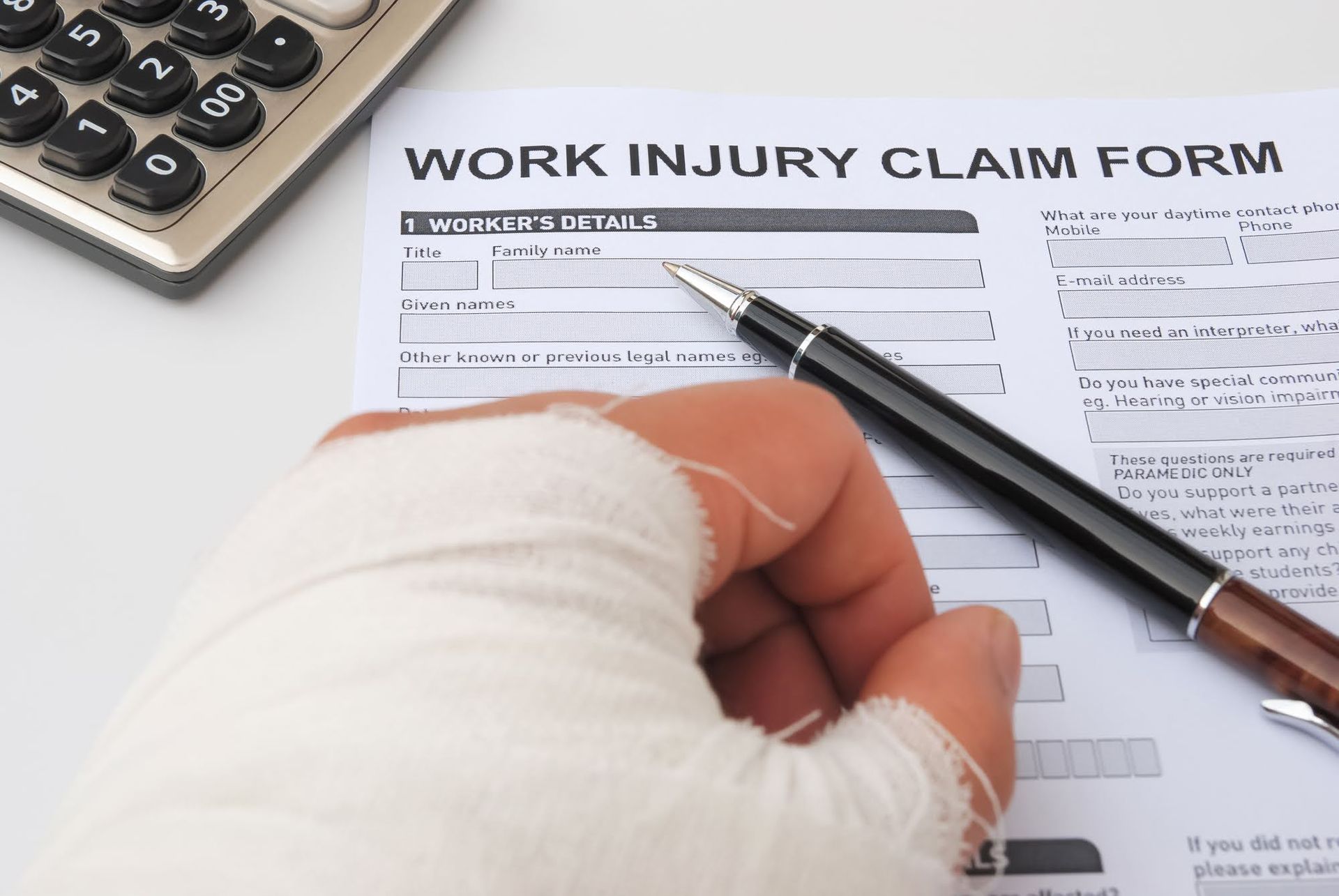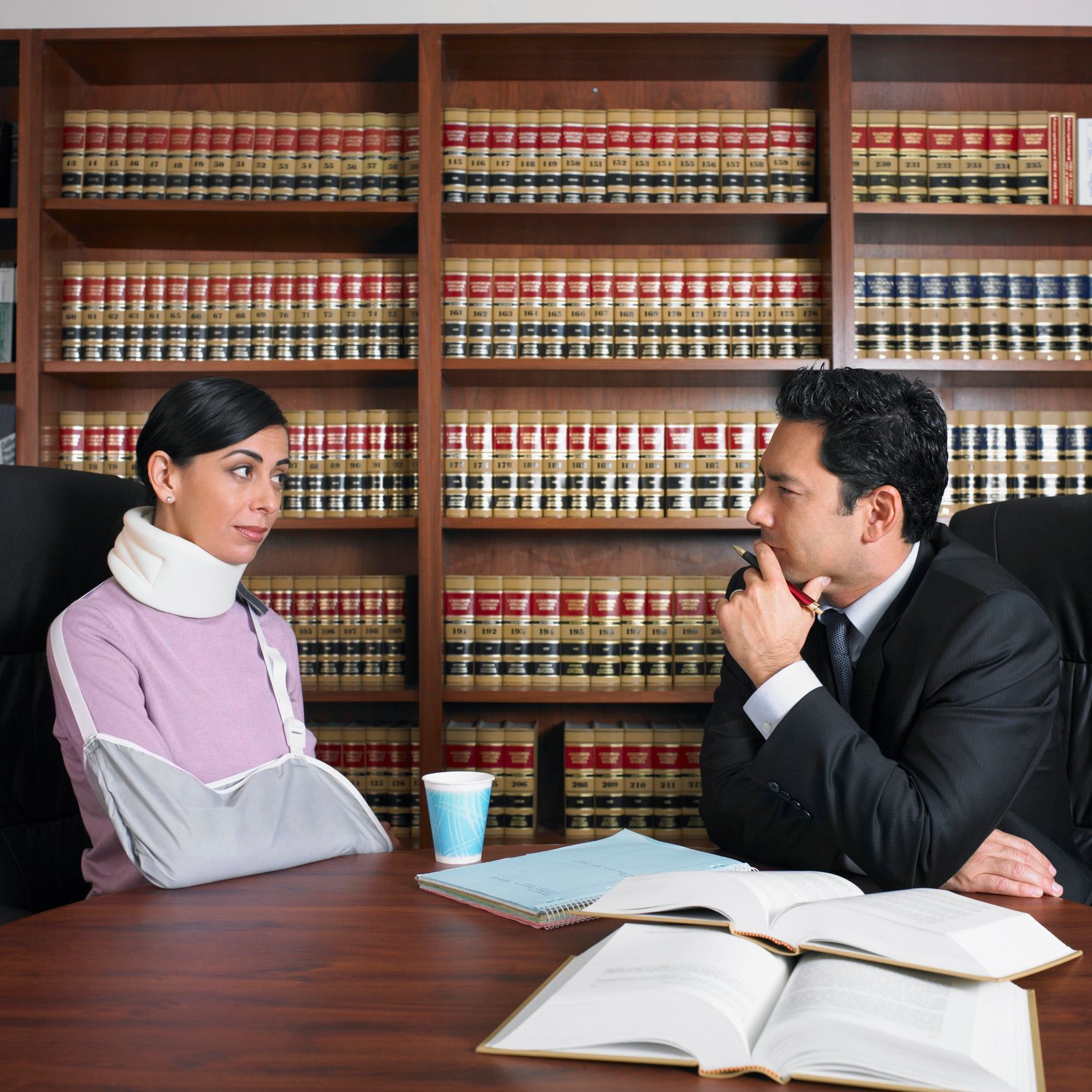Address: 1201 East Street Parkville, Missouri 64152
Toll Free:
Call Us Now:
Elements of a Negligence Tort Claim

A comprehension of the elements of a negligence tort claim can be essential for anyone who has suffered harm due to someone else's careless or reckless behavior. In this blog article, we will discuss the elements of a negligence tort claim and how a plaintiff can apply them in their tort claim.
Duty of Care
The legal requirement placed on the defendant to treat the plaintiff with reasonable care in a particular circumstance is known as the duty of care in a negligence tort. A duty of care evaluation determines the parties' connection, the incident's circumstances, and the likelihood that the plaintiff would suffer injury.
The court considers that the defendant owed the plaintiff a duty of care if a rational observer would determine that a duty exists in the same situation. For example, the law expects a driver to exercise reasonable care while they operate their vehicle, such as obeying traffic laws and driving at an appropriate speed.
If the driver fails to do so and causes an accident, they are liable for negligence if it is determined that they owe a duty of care to the other driver. Thus, the defendant must behave as expected of a reasonable individual in the same circumstance or, if appropriate, as expected of a professional.
Breach of Duty
Breach of duty of care in a negligence tort occurs when the defendant does not act with the same level of caution or diligence that a reasonable person would have under the same circumstances. Thus, the plaintiff must have suffered a loss or injury because of the defendant's failure to take some action or because of their doing something that a reasonable person would not have done.
For example, a driver who speeds, drives while intoxicated, or fails to yield to pedestrians did not act with the same care that a reasonable driver would have under the same conditions and, thus, violated the duty of care expected by the plaintiff.
Causation of Harm
The causation element in a negligence suit requires the plaintiff to demonstrate that the defendant's negligence was the immediate and direct cause of their injury. Cause in fact and proximate cause are two additional components of causation.
Cause in fact is the element of a negligence tort that requires the plaintiff to prove that the defendant's activities were the true reason for their injury. Other legal practitioners may refer to it as "but-for" causation, which means that the plaintiff's injury would not have happened but for the defendant's acts.
In a negligence case, proximate cause pertains to the extent of the defendant's liability. The defendant is only liable for damages they could have foreseen if they acted accordingly. The plaintiff cannot establish that the defendant's activities were the direct cause of the plaintiff's damages if the defendant has caused damages greater than the risks that the defendant might have anticipated.
For instance, if lightning strikes a car after an accident and the plaintiff has additional injuries, the driver is not responsible because the lightning strike was neither anticipated nor caused by their conduct.
Damages and Harm
In a negligence tort, damages and harm relate to the loss experienced by the plaintiff due to the defendant's negligence. Legal recognition of the injury is necessary in the form of physical harm or property damage.
For example, in a car accident, legal recognition of the injury would involve the insurance company, the police, and possibly a court of law. A person that suffers injuries in a car accident will talk with the police called to the scene to document what happened and file a report.
The insurance company will use the report to determine who was at fault and how much in damages they should pay out. Depending on the accident's severity, the case may go to a court of law to determine who is responsible and the amount of damages the plaintiff should receive.
Thus, the plaintiff must demonstrate that they have suffered losses, such as medical expenses, lost wages, suffering, or property damage.
Contact us at Spooner & Perkins P.C. Attorneys at Law with legal assistance for a personal injury claim.

CONTACT INFORMATION
Email:
Phone:
Toll Free:










